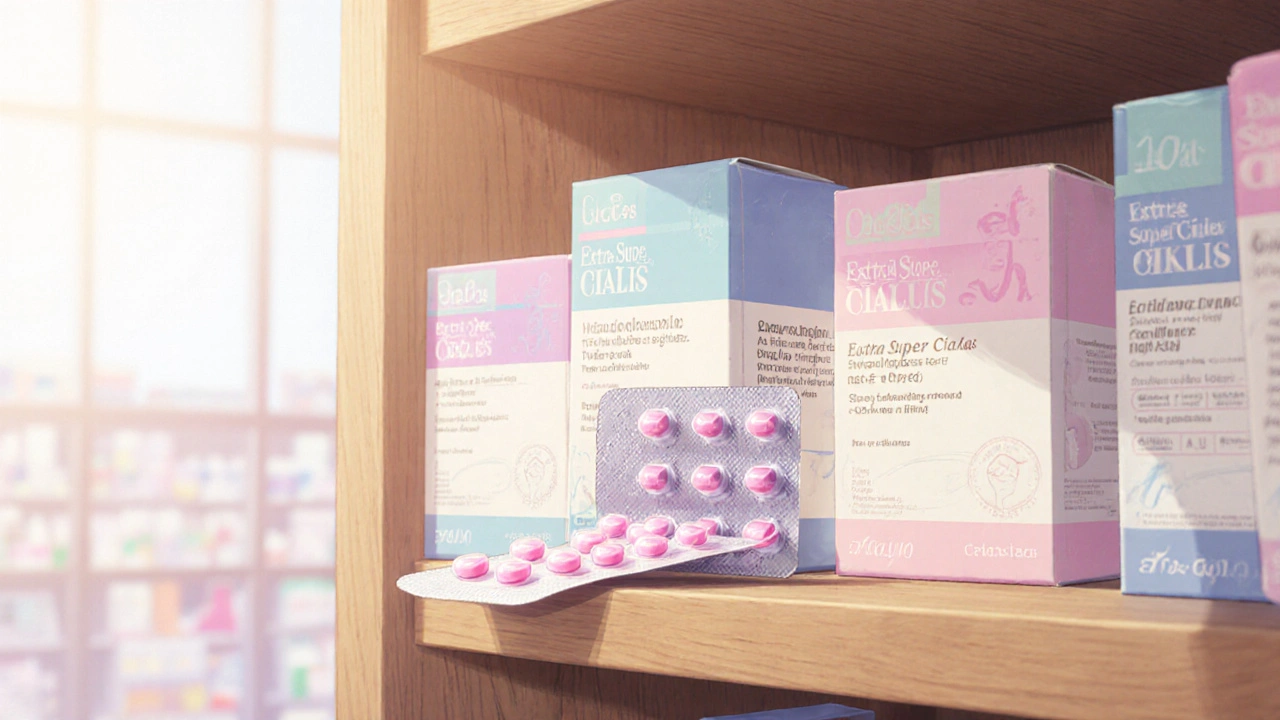Tadalafil: Practical Guide for Use, Safety, and Buying
Tadalafil (brand name Cialis) treats erectile dysfunction (ED) and urinary symptoms from enlarged prostate (BPH). It’s one of the longer-lasting ED drugs—effects can last up to 36 hours—so people like the flexibility. Below I’ll cover what you should know right now: how it’s used, common doses, side effects to watch for, interactions that matter, and simple tips for buying safely online.
How people use tadalafil and typical doses
There are two common ways doctors prescribe tadalafil. For occasional use, typical starting doses are 10 mg taken 30–60 minutes before sexual activity; some people use 20 mg, but that raises side-effect risk. For daily use, especially if you have frequent sexual activity or BPH, doses are usually 2.5–5 mg once a day. Take it the same time each day for daily dosing.
Onset and duration: many feel effects within 30–60 minutes; the drug can remain active for up to 36 hours. That doesn’t mean continuous erection for 36 hours—just that responsiveness is improved in that window.
Side effects, risks, and key interactions
Common side effects are headache, flushing, indigestion, muscle or back pain, and nasal congestion. These often fade in a day or two. Serious but rare problems: sudden vision loss (NAION), sudden hearing decrease, and priapism—an erection lasting more than 4 hours. Seek emergency care for priapism.
Never take tadalafil with nitrates (nitroglycerin, isosorbide) — the combo can cause dangerous drops in blood pressure. Also be cautious with alpha-blockers (used for blood pressure or prostate symptoms); they can interact and cause fainting or low blood pressure unless a prescriber staggers doses or adjusts amounts. Strong CYP3A4 inhibitors (like ritonavir or ketoconazole) raise tadalafil levels and may require dose changes or avoidance. Grapefruit and large amounts of grapefruit juice can also increase levels.
If you have severe heart disease, recent stroke, or very low blood pressure, talk to your doctor before using tadalafil. Kidney or liver problems often mean a lower starting dose.
Buying tips — quick checklist
- Get a prescription. Reputable pharmacies require one.
- Buy from licensed online pharmacies that display contact info and a physical address.
- Avoid prices that are unrealistically low—counterfeits are common.
- Look for pharmacist access or telehealth options and clear return policies.
- Check packaging for batch numbers and expiry dates when it arrives.
Tadalafil works well for many people, but safety and proper dosing matter. If you’re unsure whether it’s right for you, a short talk with your GP or a pharmacist will clear things up. Small checks now can avoid big problems later.


